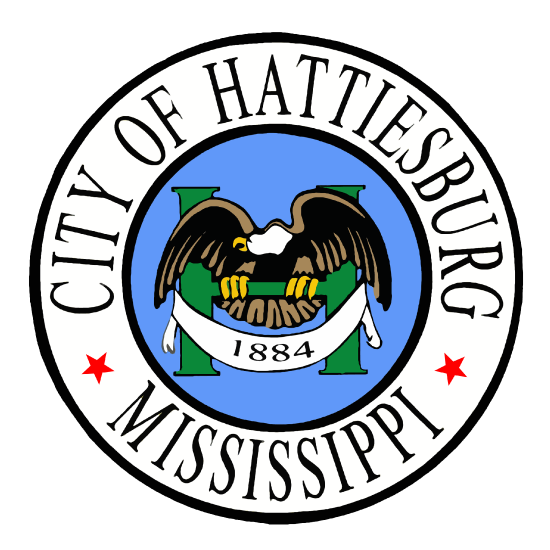Hattiesburg, Mississippi – A boil water notice has been issued for customers who receive their drinking water from the City of Hattiesburg, following a confirmed e-coli contamination in one sample from the city’s monthly screening of its water supply system.
“Because we know where the sample comes from and only one of 50 samples is positive for contamination, it is likely that the issue is specific to that sample site – such as a corroded pipe or contaminated spigot,” said Alan Howe, director of Water and Sewer.
The confirmed sample, one of 50 taken on Wednesday, December 9, came from the 1900 block of Hardy Street. Before the notice can be lifted, two sets of 60 additional samples along the test site, upstream and downstream, have to be taken and tested clear for two consecutive days.
This protocol for additional testing follows the guidelines set forth by the Mississippi State Department of Health.
“The general health and wellness for our community is our priority, and we will work with the Department of Health to make sure we pinpoint the issue, what caused the contamination and what will need to be done to fix it, immediately,” said Mayor Toby Barker.
In keeping with testing requirements, the boil water notice will likely last for 48 hours.
The Mississippi State Department of Health strongly recommends that all water be boiled vigorously for one minute before it is consumed.
According to the Department of Health, the United States Environmental Protection Agency sets drinking water standards and has determined that the presence of E. coli is a serious health concern. Fecal coliforms and E. coli are bacteria whose presence indicates that the water may be contaminated with human or animal wastes.
Microbes in these wastes can cause short-term effects such as diarrhea, cramps, nausea, headaches or other symptoms. They may pose a special health risk for infants, young children and people with severely compromised immune systems.
Checklist for Safe Water Use
DO NOT
- Do not drink tap water while the water system is under a boil water advisory.
- Do not drink from water fountains in parks, public or private buildings that receive water from the affected system.
- Do not use ice unless it has been made with boiled water. Freezing will not necessarily kill harmful bacteria.
- Do not use tap water to make drinks, juices, or fountain soft drinks.
DO
- Wash your dishes in boiled water, or use paper plates for the next few days.
- Wash your fruits and vegetables with boiled or bottled water since they may have been exposed to affected water from grocery store sprayers.
- Wash your hands and bathe as usual. Bathing is safe as long as no water is swallowed.
- Brush your teeth with boiled or bottled water.
- Cook with tap water if the food will be boiled for at least one minute.
AND REMEMBER:
- Properly chlorinated water in swimming pools is safe.
- Fish in aquariums are not affected.
- Bringing water to a rolling boil for one minute will inactivate all major types of harmful bacteria.
MSDH Resources
- MSDH Bureau of Public Water Supply: Karen Walters, 601-576-7518 (8am – 5pm). After hours: 769-798-4258
- Epidemiology hotline: 601-576-7400 (24 hours)
##


